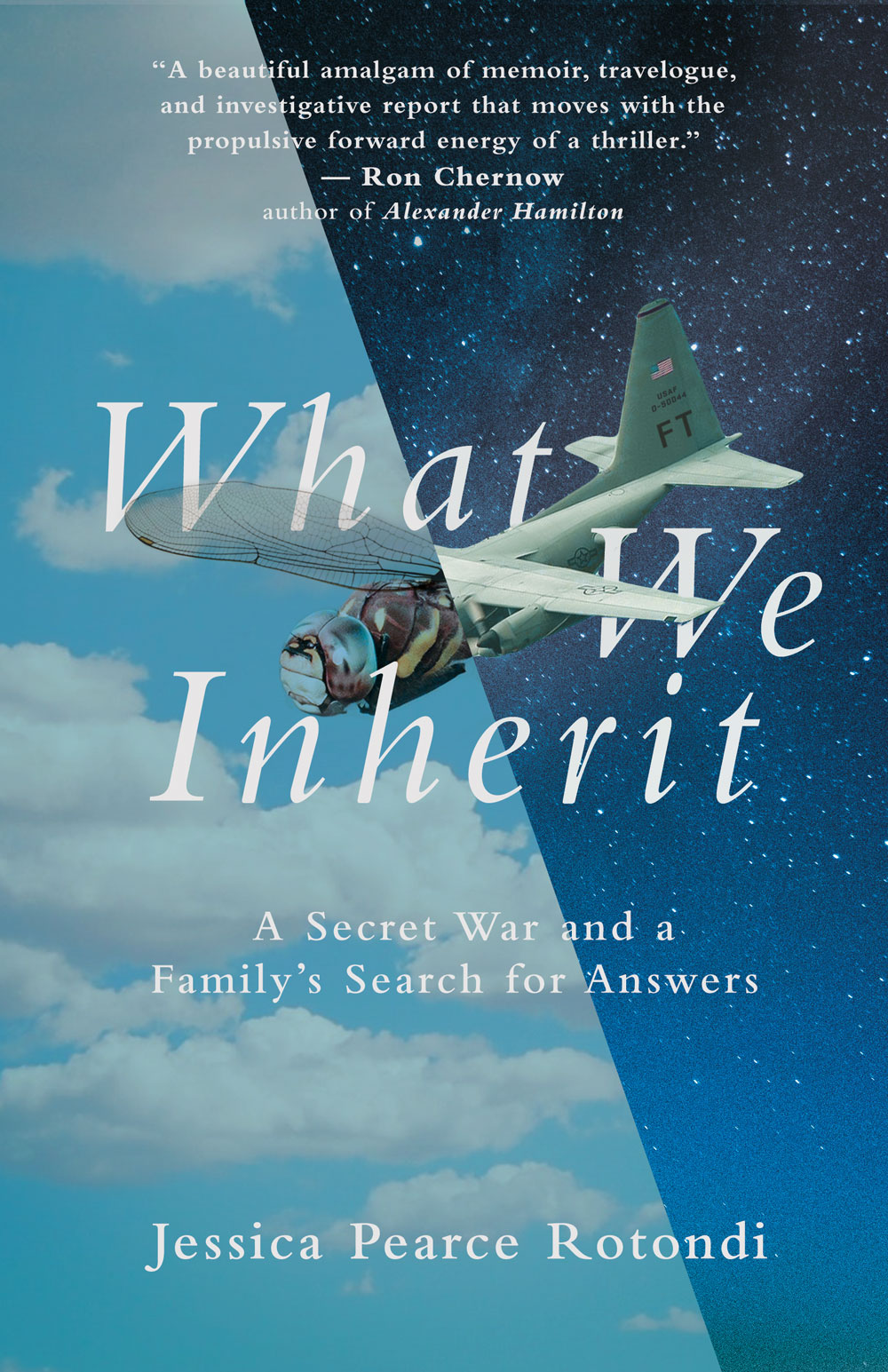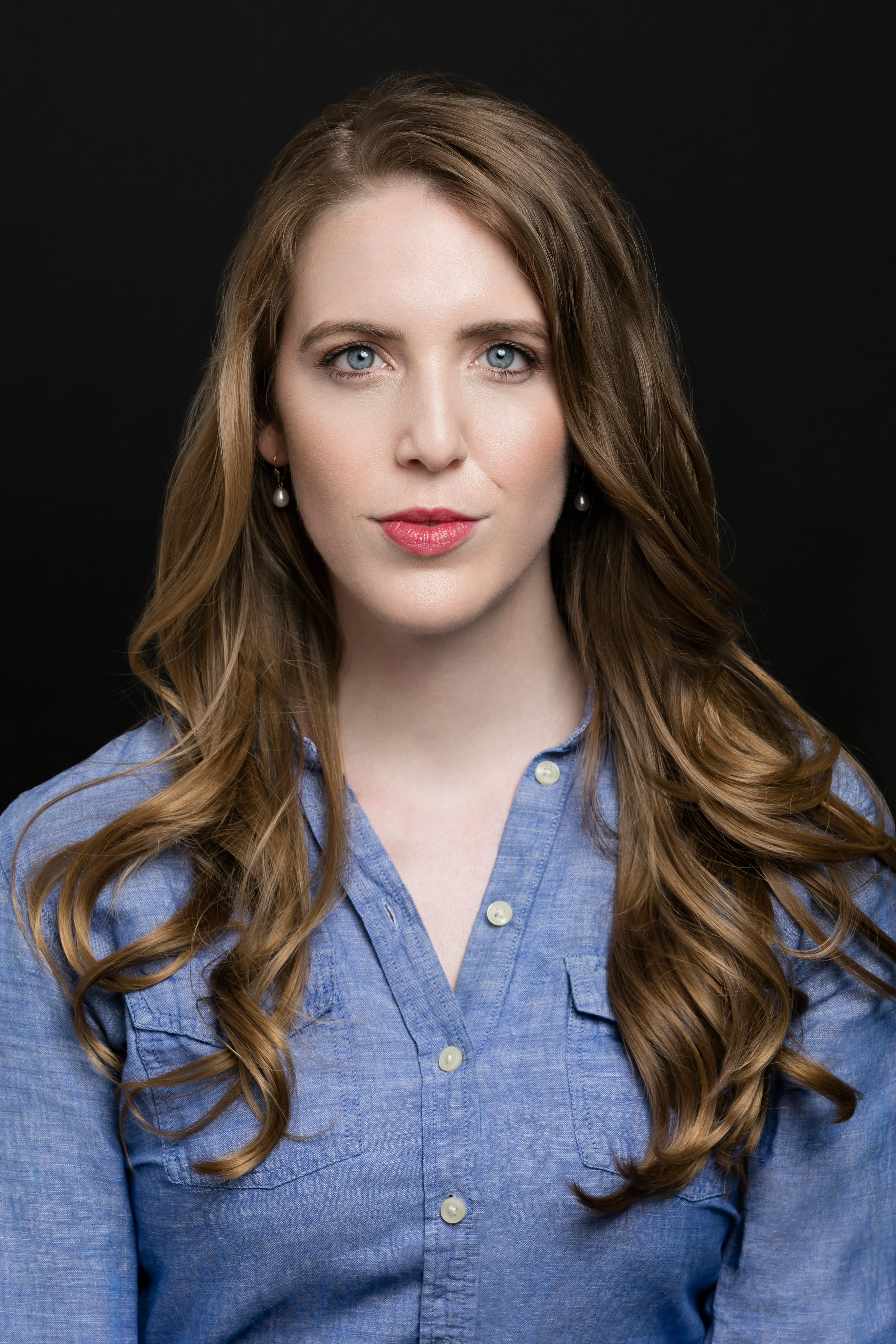Mothers and wives have been criticized for years for not letting go. But it wasn’t a case of not letting go. We absolutely know there are men alive and being held in Southeast Asia.
—Rosemary Pearce
Chiang Mai, Thailand
November 16, 2013
Mom gone 4 years, 18 days
“Look! There’s one!” Liz shouts.
I look up at the night sky we descended from hours earlier and see a glowing white orb shiver around a tree. The paper lantern hovers, vibrating in the night air, then catches on a tall branch. The crowd gasps, breaks into a million chattering languages. The paper lantern wavers—left, right—then unhooks itself, rising again toward the roundness of the moon.
Every year, followers of the Buddha in Chiang Mai gather under the full moon on the second month in the Lanna calendar to celebrate Yi Peng. The faithful make merit by releasing lanterns into the sky and water. Depending on whom you ask, the act of release means letting go of your troubles or the granting of a wish you send off into the universe.
I could really use the universe’s help. My sister, Morgan, retreated to Germany after Mom’s death. It’s the place she had studied abroad at Mom’s insistence—Go, go, I’ll be here when you get back. She sends letters on my birthday and on holidays describing walks along the Elbe, of dreaming in other languages. Alone in the house in Massachusetts, my father obsessively checks his online dating profiles and forgets to call, all of us left grieving in our own way.
The sensible part of me knew my scattered family wouldn’t be waiting for me on the other side of the world, but I was hoping they’d feel closer here than they do in everyday life. When you live away from home when a parent dies, you’re able to picture them still there, moving within the walls of the house you grew up in. It’s only when you come home that you realize the fantasy you had of them reading in the next room or asleep upstairs is just that: a fantasy. One that disappears as soon as you stand over a trash bag overflowing with their clothing or a pair of their slippers with the toes pressed in, their warmth long gone.
My bedroom back home in Brooklyn has become a museum to Mom’s letters. I moved them by the suitcase-full. Photographed and digitized, they bloom with bright sticky notes where a passage has sent me to the library for background research or to the White Pages to contact veterans who served with Jack.
I found thirteen declassified reports about Jack’s dog tags and alleged whereabouts. The last report is dated as late as 1986, sent as my mother was teaching me to sit up on my own. But what really got my attention was Grandpa Ed’s account of a trip he took in 1973, when he used the family savings to fly across the world in search of his son.
This morning, I landed in Bangkok, where my grandfather’s plane touched down forty years ago. I’ve cashed in every U.S. Savings Bond from every birthday and good report card that Grandpa Ed ever gave me to buy the plane tickets. Tonight, Liz and I are in Chiang Mai for this festival of letting go. Later this week, we’ll head to Laos. There, I’ll be meeting an interpreter and guide and traveling to the last known place Jack was seen alive: Sepon, also called Xépôn or Tchepone. The Lao village, with its multiple English spellings, had many incarnations in my mother’s papers, appearing in black ink on C.I.A. reports and scratched onto legal pads, a dot circled on maps in thick red pen. I’d found it on battle maps in books with arrows pointing to it in angry swirls, indicating skirmishes along the neighboring Ho Chi Minh Trail. It is the village my uncle Jack was bombing the night he disappeared.
Going to Sepon won’t change the fact that Mom is gone. It won’t bring back Jack or my grandfather, either. But I feel closer to them when I lose myself in their papers. The years slide away, and suddenly Mom’s loss is my loss, her maps a guide to grieving she never meant to leave me.
“Jess, are you okay?”
My eyes leave the sky and move toward my friend Liz’s voice. Her pink face is streaked with concern, her thick eyebrows twisted in a what is going on? expression. She has sworn off makeup for the trip, the only thing between her perfect Minnesotan pores and the night air a small, white streak of sunscreen dried by her left ear.
“I’m fine.”
My head feels as huge as the lanterns bobbing above our heads. The stuffiness pressing in on my skull on my last night in Brooklyn has turned into a full-blown cold. The fever coursing through me makes the edges of the rising lanterns blur, leaving trails like comets in their wake.
I try to smile, but Liz doesn’t look convinced. I reach for her and give her arm a squeeze. “I was just thinking how lucky I am that you came with me. You hardly ever get time off; you should have used it to go somewhere with Dave.”
One short year ago, I stood next to Liz in an eggplant-purple dress as she married our friend Dave. I’ve known them both since day one of college. My very first memory of Liz is a firm, friendly handshake, followed by watching her solve a Rubik’s Cube in less than five minutes for a room filled with wowed freshmen. Sweet smile, scary smarts—exactly the travel partner you want to accompany you around the world. I was shocked when she’d said yes to coming on the trip. With my sister starting over in Germany and Dad dating in Boston, I had turned to a small group of college friends to ask if anyone wanted to join me. Liz was a newlywed busy applying to business school, but she’d stared me straight in the eye and told me, I loved your mom. And if you think I’m letting you do this alone, you’re insane.
Liz looks at me now in the dark field in Chiang Mai: “Where would I go that would be as exciting as Thailand and Laos with you?” she asks.
“Someplace in the Bahamas with one of those pool bars you swim up to and rose petals on the bed?”
Liz laughs.
We pass a stopped car, its trunk overflowing with lanterns.
“One hundred baht, one hundred baht for American girls.”
Liz’s blue eyes sparkle in the headlights as she turns to face me, one eyebrow raised. “Do we really look that American?”
I take in our matching dirty-blond hair, tank tops, and jeans. “Well, the price is right,” I offer.
I hand over a rust-colored note to the spot-on salesman and get a flat circle of white paper and wire in return. The paper sticks to my sweaty arms in the heat.
“Let’s light this thing,” Liz says, and grins.
She pulls me forward through air thick with burning wicks. All around us, people hold folded white lanterns over their heads as they climb the hill to avoid pulls and tears from the press of bodies. I follow their lead and lift our single lantern against my forehead.
Sweat drips down the space between my shoulder blades as we fight against the current of foot traffic, aiming for a thin row of trees just off the main path. When we get there, finally free of the jostling throng, we lean against the smooth trunks, gulping down air. I pray to whatever god is listening, Please don’t let me pass out.
Beneath us, the earth buckles and rises in a giant clearing studded with thousands of iron torches, each one topped with a flickering candle. From this height, it looks like a giant birthday cake.
I look from the field of torches to Liz, her face half shadow and half jumping orange flame. I am surrounded by warm night air, a foreign language, and I am a million miles away from home. And right now, that is exactly where I want to be.
Mom was the editor of a prominent medical journal before she gave it all up to have kids. I’ve spent the past four years working my way up from an assistant at a nonprofit to a senior editor at a major news outlet. This job feels like the closest I can get to giving her the alternate life that being our mother had taken from her. I spend ten-hour workdays submerged in editing pieces by women about everything from dating advice for twentysomethings to parenting and aging to tips on Alzheimer’s caregiving. My special area of coverage is breast cancer. I edit story after story about women losing their mothers, about sisters getting sick. I digitally crop photos of women in soft hats with sunken faces, stopping myself just short of imagining Mom’s.
On good days, these women feel like family. I work with them on their stories of IVF and childbirth and rediscovering their spouses once their kids move away. It’s a chorus of women’s voices I want so badly in my life, a guide to the progression of things. It’s only when I stop working that I realize the stories are not mine; that, cut off from my mother, I feel unnatural and strange, stuck in my small apartment and unable to advance in anything but work. I want to rejoin the world of the living, reclaim my bedroom from the boxes. But first I need to learn to let go.
“Ready?” Liz asks.
I tuck my hair behind my ears and follow her into the valley of light. The air down here is even warmer, humming with voices and crackling flame. In the crowd’s center is a giant seated figure—a Buddha statue several stories tall. The Buddha’s face is illuminated from below by the hot light of hundreds of candles set on steps leading to his crossed legs. Above him is the full moon, crowned by a circle of clouds tinged with lantern smoke.
The sound of chanting rises all around us. Liz and I stand as the incantation swells. A single voice comes over the microphone and asks us to fill our hearts and minds with loving-kindness to create room for the merit we are about to make.
Thousands of once-folded lanterns are snapped open against the night sky, and for a moment, I can see Mom standing over my childhood bed, her hands on freshly pressed sheets. She would count to three before lifting the top sheet high in the air, letting it rise up before it drifted down over me like a parachute. I’d lose her face for a minute before the warm fabric fell to the bed and she appeared again, tucking me in safe at the edges.
I look down at my own arms, holding one side of our lantern down over the sputtering flame glowing blue, now red. As the khom loi fills with hot air, it tugs at our hands, near to bursting.
White mounds ripple in every direction as couples and siblings and strangers release their lanterns into the sky. Ours lifts with them, and the lamps pulse like jellyfish, weightless, circling one another as they rise. I stare until ours becomes indistinguishable from the other white flecks draining toward the pull of the moon.

Follow us here and subscribe here for all the latest news on how you can keep Thriving.
Stay up to date or catch-up on all our podcasts with Arianna Huffington here.


